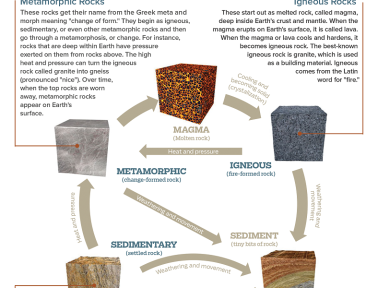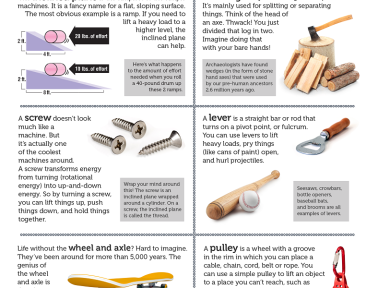This is a repost of one of the very first blog posts I wrote. Since there were only about three of you reading here back then, I thought it might be time to revisit!
Buried Treasure Muffins, Grandma’s Cookies, and of course, scrambled eggs, were some of the first things I learned to cook as a child. Chef Brockett was my mentor along with my own mother, who endured eggs broken on the floor and failed experiments the dog wouldn’t even eat. Really. These early experiences may have led me to become the culinary genius that I am today (well, at least the dog will eat my failures now, that’s improvement), but the opportunities also served to build basic developmental skills that many do not immediately associate with cooking.
The Culinary Scientist
As children participate in a cooking experience, they are enveloped in a rich sensory world. The whir of the mixer, the texture of bread dough, the smell of cinnamon, the observed change to golden brown in the oven, and of course, the sweet taste of cinnamon rolls all feed and fine-tune the child’s five basic tools for gathering scientific information. Other science experiences are also prevalent as they observe physical changes like melting chocolate and cooked noodles, as well as chemical reactions from yeast or baking soda.
Motor-Mouth
Along with developing science and sensory skills, children hone their motor skills as they stir, scoop, knead, and sprinkle. Add to that the benefit to their math skills as they measure, consider fractions, see a visual times table in muffin tins and cookie rows, and count ingredients. Cooking is also an excellent activity for building language and literacy skills. Reading is enhanced as they read recipes and find letters on labels, and vocabulary is developed when they learn words like “sift”, “whip”, “spread” through actions and personally experience the meaning of descriptors like “tart”, “rich”, “crisp”, and “bitter”.
Compliments to the Chef
One definite benefit to bringing kids in the kitchen (besides the chance that you may never have to cook again once your child becomes a gourmet chef) is the fact that children are often more enthusiastic about devouring one of their own creations than eating the chore presented to them on a plate. They also gain independence and decision-making prowess as they plan and prepare the family meal with you.
Family Ties and Apron Strings
Cooking is also a way to pass on family lore as you make “Sheepherder Potatoes” like Grandpa would eat on the ranch, or the chicken rolls Dad made for Mom on their first date. Perhaps the most valuable benefit to cooking with young children is spending time with loving adults and the message that sends to them about their value and competence. The vital ingredients, are time, togetherness, and talk!
Photo provided by Swat Ka So.
<!–
–>










